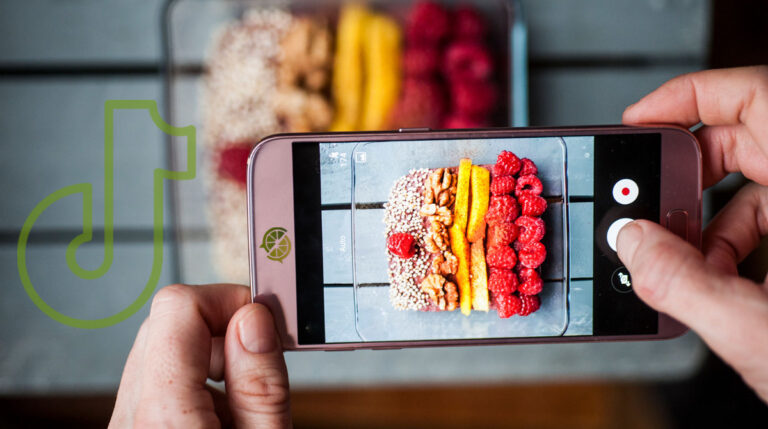
In recent years, social media has become a powerful platform for the spread of health-related information. Unfortunately, not all of this information is accurate or based on scientific evidence.
Social media platform TikTok is no exception to false information being spread about health. There are many popular health trends that have been debunked by scientific research, but continue to be shared and followed by millions of people. Here are five of the most popular health fads on TikTok that have been debunked by scientific research:
1. Frozen Honey
The Frozen Honey trend on TikTok has garnered significant attention, but it’s crucial to dissect its purported health benefits with a critical eye. The premise may seem innocuous—simply freeze honey and enjoy it as a chilled treat. However, this fad overlooks some essential health considerations. Honey is a concentrated source of sugars, and consuming it in large quantities can lead to a rapid spike in blood sugar levels.
Such fluctuations are particularly detrimental for individuals managing diabetes or insulin resistance. Moreover, excessive sugar intake is linked to a host of other health issues, including obesity and heart disease. The trend also ignores the natural acidity of honey, which when consumed in large amounts can lead to digestive issues like stomach cramps or diarrhea. Therefore, while Frozen Honey might offer a momentary gustatory pleasure, its long-term health implications warrant caution.
2. Rice Water for Hair
The Rice Water for Hair trend on TikTok has garnered widespread attention, purporting to offer a natural solution for enhanced hair growth and shine. However, the scientific evidence supporting these claims is conspicuously scant. While rice water does contain nutrients like amino acids and minerals, the concentration of these elements is unlikely to provide the transformative effects that the trend promises.
More critically, relying solely on rice water for hair health may discourage individuals from pursuing more holistic and scientifically substantiated hair care routines, which often require a balanced mix of protein and moisture. Additionally, the practice could lead to protein overload for certain hair types, resulting in dryness and brittleness. Thus, while using rice water is generally harmless, it is hardly the panacea for all hair issues as it is often presented on social media platforms.
3. Liquid Chlorophyll
The Liquid Chlorophyll health fad on TikTok has captured the imagination of many, promising a plethora of benefits ranging from detoxification to improved skin health. However, these claims largely lack rigorous scientific substantiation. While chlorophyll is a critical component in plants for photosynthesis, its physiological effects on humans are not as clear-cut as the trend suggests. It is worth noting that the detoxification process in the human body is complex and primarily handled by organs like the liver and kidneys, not by an added supplement.
Moreover, while chlorophyll supplements are generally considered safe, they can cause side effects such as digestive issues and may interact with certain medications. Therefore, the sweeping claims about the transformative health benefits of liquid chlorophyll should be approached with scepticism, and a reliance on this fad over conventional medical advice or treatment is ill-advised.
4. #WhatIEatInaDay Challenge
The #WhatIEatInaDay Challenge on TikTok has amassed considerable attention, showcasing individuals’ daily dietary routines in a bid to inspire or even prescribe certain eating habits. It’s important to recognize that while these short videos may be entertaining or even aspirational, they are hardly a one-size-fits-all blueprint for health or nutrition. Nutritional needs are complex and highly individualized, contingent upon various factors including age, metabolism, physical activity level, and underlying health conditions.
These clips rarely disclose the full context, leaving out potentially important factors such as supplements taken, or other medical or lifestyle considerations. Such a challenge can also inadvertently promote disordered eating habits by encouraging excessive scrutiny of one’s diet or fostering unrealistic body standards. Consequently, while the hashtag may offer food for thought, it should not serve as a replacement for professional dietary advice tailored to individual needs.
5. Benadryl® Challenge
The Benadryl® challenge has become increasingly popular among teenagers on TikTok in recent months despite warnings from medical professionals about its potentially dangerous side effects including seizures and even death in some cases. This challenge should be avoided at all costs as it can have serious consequences for those who participate in it.
Overall, it’s important to remember that just because something is trending on social media does not mean that it is safe or beneficial for your health. Before trying any new diet or wellness trend, make sure you do your research and consult with a medical professional if necessary to ensure you are making the best decisions for your own well-being.


